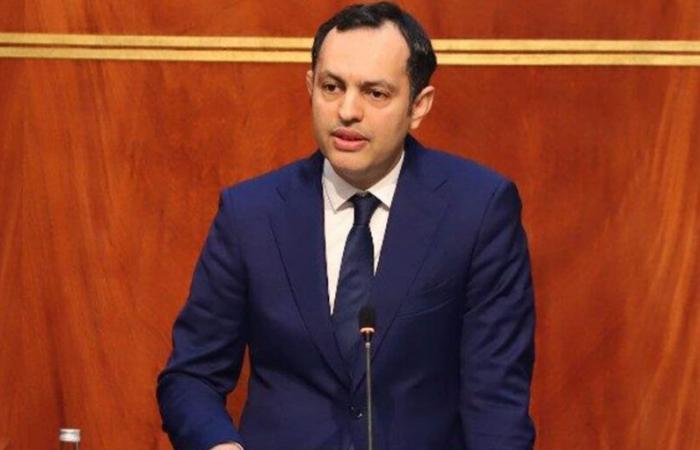The minister said he had received 334 amendments. The government, according to him, is predisposed to interact positively with the proposals of the parliamentary groups.
Sekkouri also insisted on the fact that this organic bill must be aligned with the aspirations of young people, notwithstanding their political or union affiliation. “The government supports this approach and we will defend it,” he said, recalling that the government must adopt a text that protects trade union freedoms.
After surveying the unions and all parliamentary groups, the minister unveiled some amendments that the government accepted on the eve of the meeting of the Social Sectors Commission, scheduled for Tuesday.
The initial text prohibited several forms of strikes. These bans will all be repealed, according to Mr. Sekkouri. These are strikes of a political nature, alternating strikes and solidarity strikes.
Concerning the repressive aspect of the 2016 bill which was widely criticized, Younes Sekkouri indicated that criminal sanctions will be lifted as long as strikes are carried out peacefully.
Concerning the strike deadline, the minister promised a “logical” and reasonable deadline without endorsing the 30-day deadline which remains unachievable. Some situations are urgent and it is unacceptable to require workers to wait a month to claim their rights on the land, he noted.
According to Sekkouri, the proposed amendments are in line with the recommendations of the Social, Economic and Environmental Council, widely approved by the unions, as well as those of the National Human Rights Council.
At the same time, the text must be able to protect companies respecting the law, in order to guarantee the continuity of their activity, particularly in essential services. “We have sufficient conditions of civic-mindedness, respect for the law, as well as political and union maturity to carry out this mission,” concluded Sekkouri.






